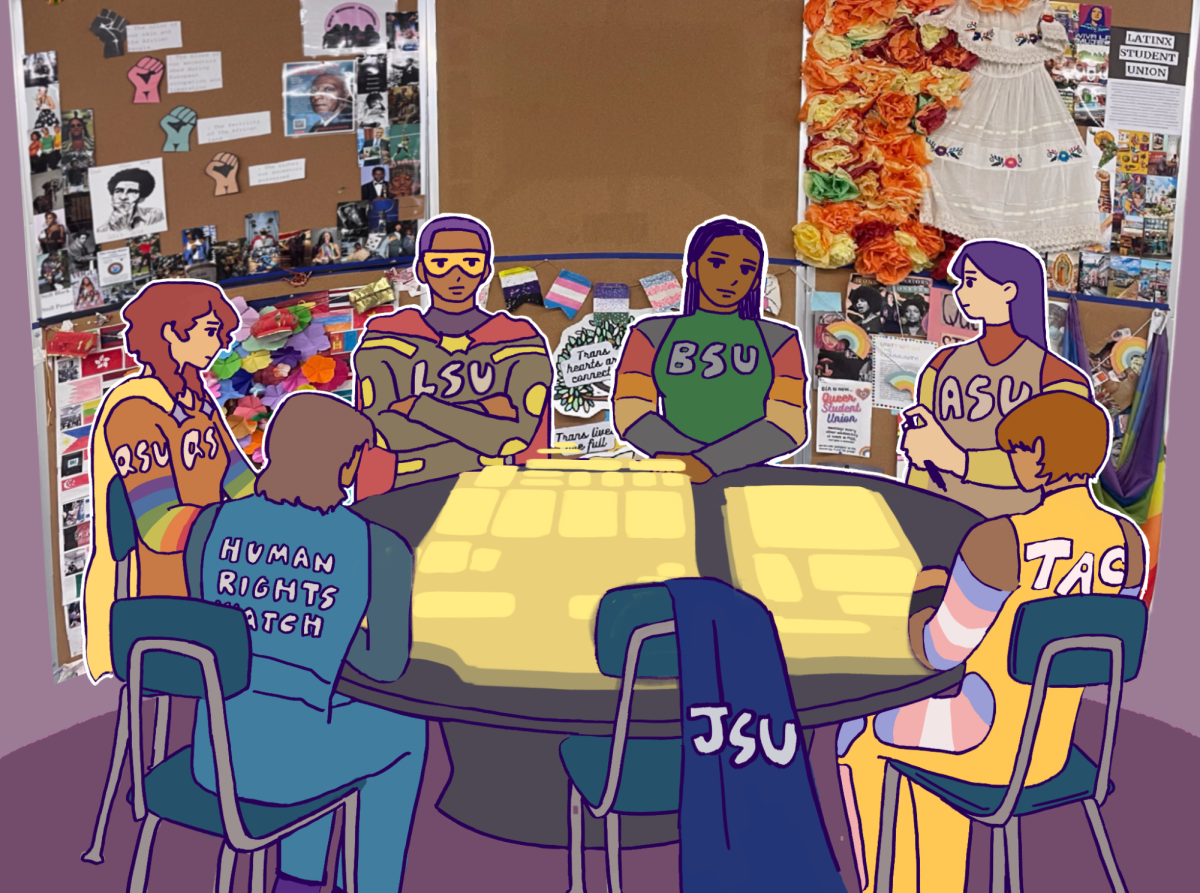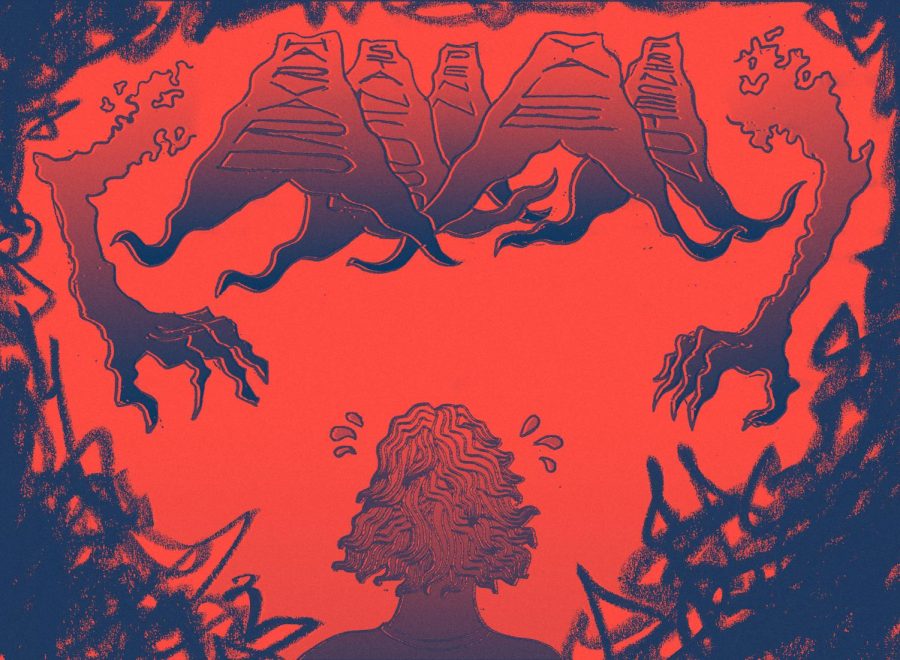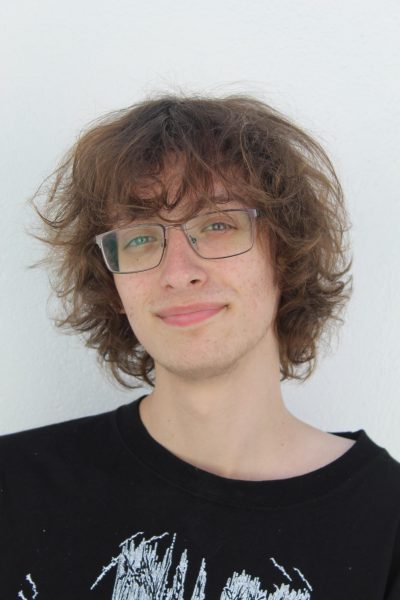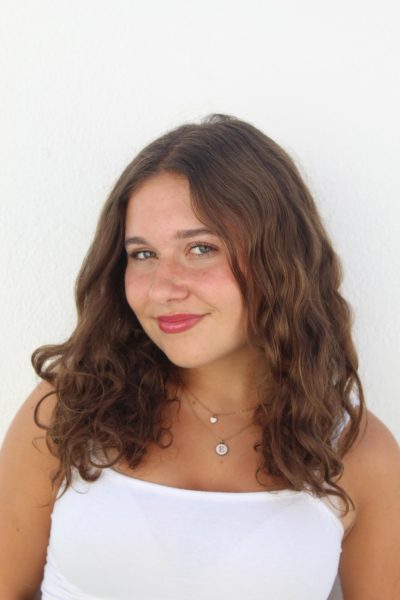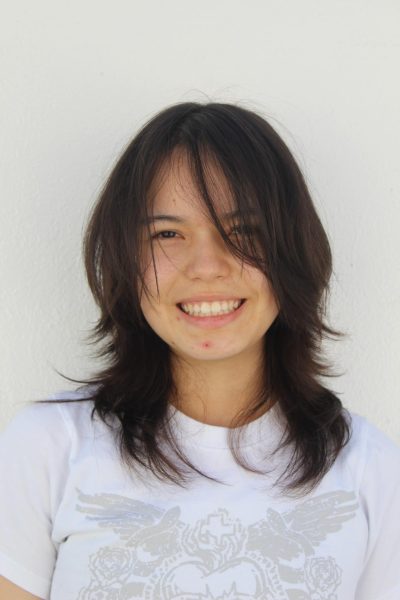The “Equality Articles” located at the top of the Palisades Charter High School Student Bill of Rights and Responsibilities state that students maintain “the right to embrace and celebrate one’s own culture and heritage on campus.”
Recent events on campus involving the exclusion of Jewish students from Pali’s Living Wall of Representation call to question Pali’s commitment to inclusivity. Part of Pali’s responsibility to students is to create a safe learning environment that embraces and celebrates all cultures; this should include appropriate representation of cultures and distinct groups, and equal opportunity to access that representation, especially when tragedy strikes a specific group.
Pali’s social justice coalition, the Justice League, is composed of many campus-based student social justice groups, and the League’s stated mission is to “help hold our campus accountable for equity and inclusion by raising awareness concerning campus, cultural, social, local, and national issues.” The coalition was formerly headed by an employee who served as Campus Unification Director (CUD), who no longer works at Pali as of Feb. 20, according to public records.
Ironically, the position of CUD was created following an incident at Pali involving racist and offensive social media posts targeted toward a Black student, according to information in the Board of Trustees meeting archive. The incident was heavily publicized and circulated through the media. The employee who served as CUD proposed the idea of a unifying leadership role on campus to Pali administrators, and the role was created in 2017 as a temporary position, according to public records.
Pali Executive Director and Principal Pamela Magee stated in a 2017 Board of Trustees meeting that the creation of such a position was a “calculated risk,” but with the pressure to make systemic changes, it was necessary. Since then, the employee who was hired for the position continued in the role until the CUD position was recently dissolved.
A website owned by the former CUD states a mission of creating “a place that helps students feel welcomed, empowered and safe to advocate their own opinions and concerns for the sake of clarity, understanding, acceptance, and their ultimate success.”
In 2021, the Justice League introduced a new project: the Social Justice Living Wall of Representation, a bulletin board located in Pali’s main hallway that features distinct club-related displays, including cultural pictures, decorations and information about different groups at Pali. Pali’s website describes the wall as a representation of Pali’s “initiative for safety, radical care and achievement for our BIPOC [Black, Indigenous and Person of Color] students.” The Wall includes social justice-related clubs that aren’t linked to race, such as the Queer Student Union and Transgender Awareness Club, while the Jewish Student Coalition (JSC) was not represented.
The Wall of Representation has six squares, with five of those spaces allocated to different student organizations affiliated with Justice League: Latino Student Union, Black Student Union, Asian Student Union, Queer Student Union and Transgender Awareness Club. The sixth spot remained empty until early March.
Last year, JSC was finally inducted into the Justice League as an official member club. When asked about JSC’s purported difficulties gaining entry to the Justice League, the former CUD chalked it up to a misunderstanding, maintaining that they had “never, ever said that the Jewish Student Union cannot be a part of [Justice League],” adding that “no one said that.”
JSC leadership declined Tideline’s request for an interview.
In the wake of the 2023 Israel-Hamas war, in which Hamas terrorists attacked Israel and reignited a deeply entrenched conflict, the push for representation was renewed. JSC’s existing goals were heightened by the state of affairs in Israel, which morphed into a desire for acknowledgment on the Wall of Representation as well. Nearly every other identity-based group that came to Justice League meetings was already on the wall; surely, JSC would have the same courtesy extended their way.
But an empty space remained on the wall.
The former CUD claims that JSC’s request to be on the wall was deferred to other Justice League members for “permission,” citing ethnic studies curriculum framework as the reason for their apprehension to approve JSC’s request to be represented.
“The tough job for me was, ethnic studies has to do with those that have been racialized, stigmatized, criminalized by the American government and have lasting effects until today,” the former CUD said when explaining why they were hesitant to approve JSC’s request. “Most people, when they think of ethnic studies, they think of all cultures, they think of the whole world… . I didn’t say no. I was going to work through a way of asking permission of the groups.”
The former CUD does not have a teaching credential and was never a part of Pali’s social sciences department, according to public records and information on Pali’s website. Although the employee formerly serving as CUD cites the ethnic studies curriculum as the education-based framework for their decisions, their only apparent affiliation with what could be considered ethnic studies is their previous advisory for Pali’s Ethnic Studies Book Club. However, the ethnic studies curriculum has not yet been adopted at Pali. This curriculum is an upcoming, recently state-mandated course that will be introduced to Pali next year, as a social science program. Thus, the former CUD’s decisions rely on a curriculum the school has not officially adopted, and a subject they lack the credentials to teach.
Randy Tenan-Snow, an English teacher and the interim advisor of the Ethnic Studies Book Club, stated that “any ethnic studies course material would come from the social sciences department.”
Concerns with the use of improvised ethnic studies curriculum is one of the many issues that alarmed parents of Pali students, and these concerns were shared during the public comment section of the Jan. 23 PCHS Board of Trustees meeting, according to public records.
In a statement to the board, Magee clarified that “California legislation requires all students to complete a course in Ethnic Studies starting with the graduating class of 2029-2030; schools must begin offering the course in 2025-2026… The revised state model curriculum also includes units on Sikh, Jewish, Arab and Armenian Americans.”
“PCHS has formed an Ethnic Studies Team that is reviewing the state model curriculum and visiting school districts with strong Ethnic Studies programs to determine the best model for PCHS students,” Magee added.
The CUD’s initial interpretation of ethnic studies is inconsistent with California’s model curriculum. California’s current guidelines were adapted to be more inclusive of Jewish students, whereas previous proposals for an ethnic studies course were rejected by the state government due to the curriculum not including Jews.
“In that moment, I could just say yes [to allowing JSC a place on the wall],” the former CUD said. “[JSC] felt as if I was just closing the door… I’m not closing the door.”
The Justice League, who was called upon to authorize JSC’s request, approved of JSC’s spot on the wall.
But the CUD was still apprehensive, even after receiving consent from the members of the Justice League.
“The kids said, ‘Let’s just give it to them,’” the CUD recounted. “But in the moment, I was like, well, then understand what you’re giving away.”
However, the Justice League wasn’t giving away anything by adding JSC to the wall. Rather, the space, an opportunity for Jewish students to be seen and represented, was empty and unused for months. It is a false pretense to suggest that the Justice League must give away their legitimacy or representation to offer Jewish students a space on the wall that is already shared by multiple groups. Yet, this apparently is the mindset that the former CUD operated under.
Justice League’s stated purpose is to be inclusionary, not exclusionary. The former employee’s apprehension to allow JSC to fill an empty space on the Wall of Representation seemingly invalidates the hardships the minority group has endured, suggesting that there is no need for designated representation in the main hallway on campus. An individual tasked with unifying the campus should focus on representing groups who feel isolated, rather than excluding them for the sake of upholding arbitrary classifications of what constitutes a minority group.
Pali administration and the former CUD hosted a meeting with the Justice League on Oct. 12, 2023 to discuss whether JSC should be on the wall.
Holly Korbonski, a study skills teacher at Pali, said that she attended the meeting after JSC students confided in her regarding the former CUD’s failure to act on their request. She said that the former CUD made JSC members feel excluded from the Justice League as a whole.
“I had a couple of kids from the JSC that were really upset because they wanted to… use some of the space that was in the main hallway,” Korbonski said. “They were having some trouble getting permission to do that.”
“There were no two ways to look at it for me,” Korbonski added. “In my opinion, they deserved a spot on the wall, and that was the end of that.”
After JSC’s exclusion from the wall, a three-month investigation into the former CUD was conducted, and they were put on leave. When the CUD returned to campus at the start of the spring semester, some people on campus independently concluded that they had been largely cleared of wrongdoing.
This led to parent concerns that their children’s distress had been disregarded.
The former CUD issued apologies to JSC during a meeting with administration in which JSC’s request was revisited at the final Justice League meeting that they hosted.
“I see you as my brothers and sisters,” they said, addressing the whole of Justice League, specifically JSC. “I could see why someone would be very, very upset…I’m sorry.”
The final meeting concluded with an agreement that would allow JSC to fill the empty space on the wall.
Nonetheless, parents of Pali students spoke on the topic for more than 30 minutes during the public comment portion of the Jan. 23 PCHS Board of Trustees Meeting, expressing their concerns regarding the CUD’s continued role at the school.
Parents shared anecdotes wherein their children felt uncomfortable wearing the Star of David in the presence of the former CUD and delivered impassioned remarks comparing their treatment of Jewish students to historical examples of oppressive, antisemitic regimes. They demanded answers to the ethnic studies curriculum the former CUD cited, considering that there is currently no ethnic studies course at Pali and no reason why that curriculum would be injected into a student club.
One parent stated that it was “hard to imagine” an infusion of ethnic studies curriculum that would convey the idea that “Jews are not a minority, and they have not suffered.”
Soon thereafter, the former CUD’s employment at Pali was terminated. Magee announced the end of the position at Pali to the school board during a Board of Trustees meeting on Feb. 20.
“The Campus Unification Program, the umbrella program for Justice League and Link Crew among other activities, has ended,” Magee said in a prepared statement. “Following an assessment of current school needs, PCHS is developing a vision and plan to guide Pali’s ongoing commitment to fostering and sustaining a positive campus environment where hate is not tolerated, and all are treated with dignity and respect.”
Pali’s goals of inclusivity and equity can only be fulfilled by ensuring every group that desires representation is granted equal footing. Arbitrary definitions of what constitutes a group deserving representation are more harmful than they are inclusive. The insularity that was expressed in the series of decisions that resulted in JSC’s exclusion certainly represents a point of reflection to learn from, but also an opportunity to change for the better — to move forward and reassert Pali’s aims at building a more inclusive campus. Pali students and parents should take this as an example of why those in the school community should remain vigilant in ensuring that those goals are executed in a way conducive to making everyone feel welcome.
Editor’s note: Shane Masterson and Ella Kraynak are not affiliated with Justice League or JSC.


